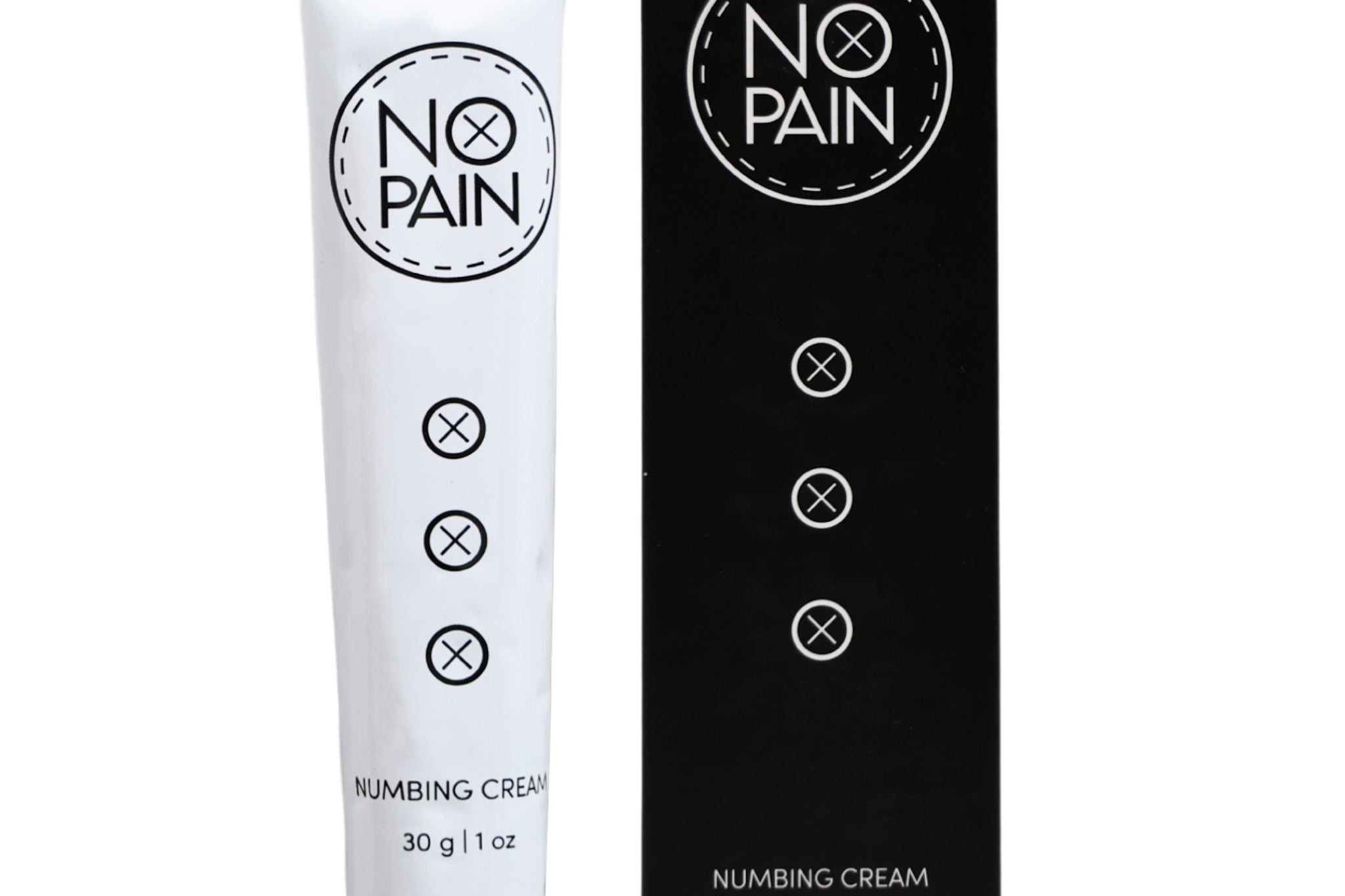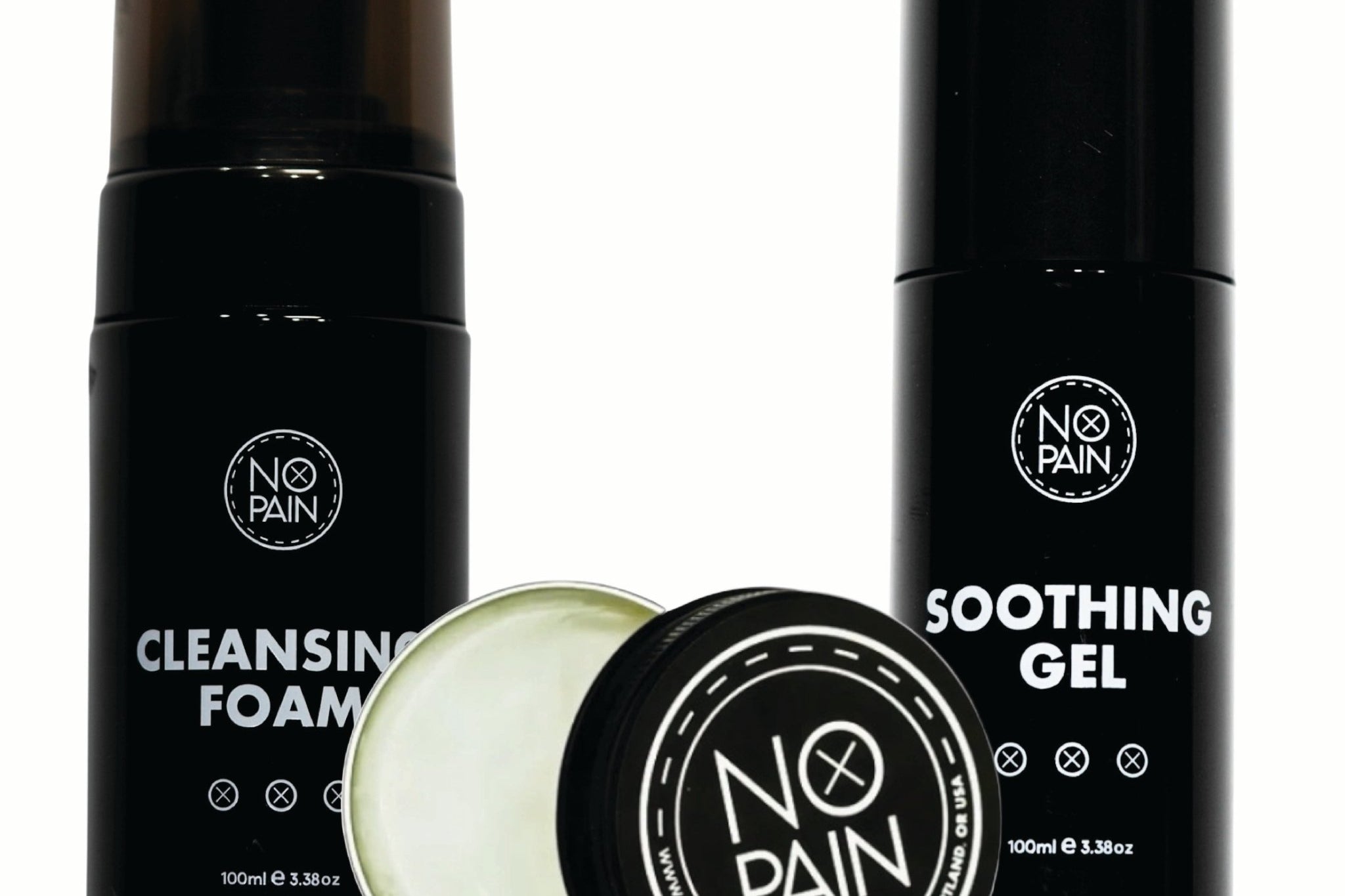A tattoo can be a powerful way to mark a new chapter in your life, especially after a major surgery. It can be a symbol of survival, a way to reclaim your body, or simply a celebration of a new beginning. But getting new ink after your body has been through such a significant trauma is a major decision that comes with a unique set of risks.
This leads to a critical question: How soon after surgery can you get a tattoo? The answer requires patience and, most importantly, a green light from your doctor. This is your complete guide to the risks and the safe timeline for getting a tattoo after a major surgery.
Disclaimer: This guide is not a substitute for professional medical advice. You must consult with your surgeon and your primary care doctor before getting a tattoo.
The #1 Risk: Your Immune System is Compromised
The primary reason you must wait is that your body is in a state of high alert and recovery.
-
The Body's Focus: After a major surgery, your immune system is working overtime to heal a significant internal and external wound. It is dedicating all of its resources to fighting off potential infections and repairing a large amount of tissue.
-
The Two-Front War: Getting a new tattoo creates a second, large open wound that also demands a major immune response. This forces your already-taxed immune system to fight a war on two fronts. This can lead to a much longer and more difficult recovery from both your surgery and your new tattoo. You will constantly be wondering, "is my tattoo healing properly?"
The Other Serious Risks
-
Prolonged Healing: Because your body's resources are split, the tattoo healing stages can be significantly extended. How long does it take for a tattoo to heal in this state? Much longer than usual.
-
Higher Risk of Infection: A compromised immune system makes you much more susceptible to a skin infection in your new tattoo. A sore tattoo can quickly turn into a serious medical issue.
-
Medication Conflicts: You may still be on medications post-surgery (like blood thinners or antibiotics) that can interfere with the tattoo process and healing.
Your Safety Checklist: A Non-Negotiable Timeline
1. You MUST Get Full Clearance From Your Doctor.
This is the only way to start. Your surgeon and doctor are the only people who know the details of your recovery and can tell you when your body is strong enough to handle the trauma of a new tattoo.
2. The Waiting Period is Significant.
There is no standard answer, as it depends on the type of surgery. However, for a major procedure, you should expect to wait a minimum of 6 months to a year after the surgery before getting a new tattoo. You must be fully recovered and feeling strong.
3. Find an Experienced, Professional Artist.
You must find a tattoo artist who works in an impeccably clean, licensed studio. During your tattoo consultation, be completely transparent about your recent surgery and that you have received clearance from your doctor.
Aftercare is More Critical Than Ever
How to care for a new tattoo after a surgery requires a flawless and gentle routine.
-
A professional, sterile aftercare system is your best insurance. Our No Pain Tattoo Aftercare Bundle provides the essential tools. The No Pain Tattoo Cleansing Foam is critical for keeping the wound clean, while the breathable No Pain Tattoo Aftercare Balm can help support your skin through its challenging heal.
The Verdict: Your health and your recovery from surgery must always be your top priority. A tattoo can wait. By being patient, getting full clearance from your medical team, and committing to a perfect aftercare routine, you can safely and beautifully mark your new chapter when the time is right.




